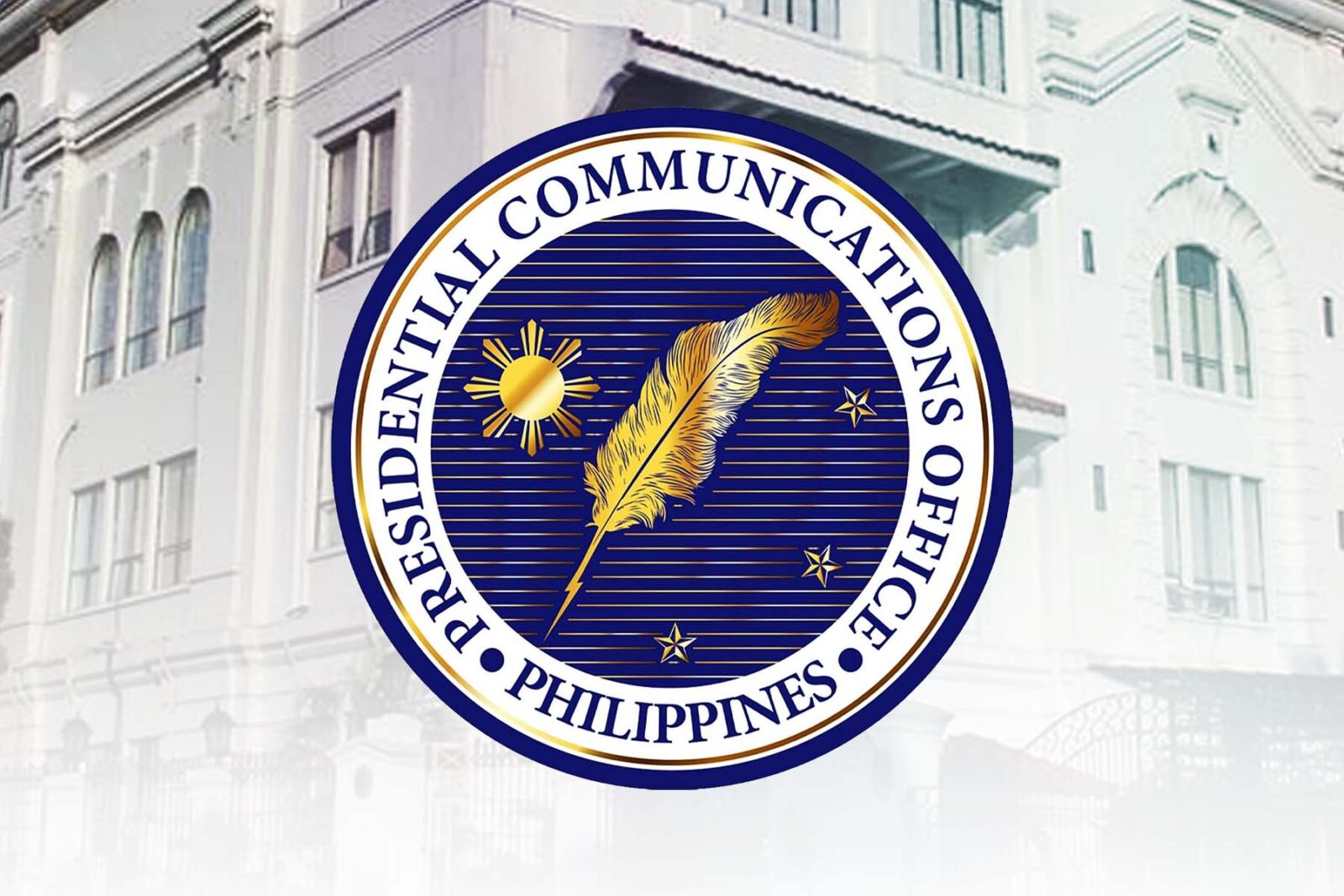PCO to Congress: Bill vs fake news should consider sources’ motives

The Presidential Communications Office (PCO) on Tuesday urged lawmakers to pass an anti-fake news bill that clearly delineates between malicious intent and protected speech as Congress again attempts to enact a measure that criminalizes false information.
During a hearing conduced by the House committee on public information, PCO legal officer Louise Ocampo asked lawmakers to craft a final bill that seeks to hold accountable “only … actors who intentionally or deliberately create or disseminate harmful false information.”
According to Ocampo, the measure should focus only on intentional deception while strengthening media literacy and platform transparency.
The House committee is currently consolidating at least 12 bills that seek to criminalize fake news in an effort to combat the growing problem of disinformation in the country. Free speech advocates, however, have long been wary of such measures, saying these could potentially affect legitimate speech as well.
Clear-cut delineation
Ocampo echoed their concerns and emphasized the importance of drawing a clear line between genuine expression and deliberate deception.
“Any final measure must explicitly protect legitimate speech, journalistic work, academic analysis, satire and honest mistake,” she said. “This ensures that the goal of the law remains the prevention of manipulation and not the suppression of dissent.”
She stressed that criminalizing “mere errors, opinions, satire or criticisms risks infringing on constitutional guarantees and may unintentionally censor legitimate discourse.”
At the same time, Ocampo called for measures that would require platforms to label synthetic content, disclose political advertisements as well as publicly disclose their algorithms, moderation and safety reports.
Lastly, any measure seeking to combat disinformation must also include the institutionalization of media and information literacy (MIL) as “long-term resilience cannot rely solely on penalties,” she said.
“Citizens need the ability to assess credibility, analyze sources, interpret digital cues and responsibly navigate online environments,” Ocampo added. “MIL is the most democratic and sustainable shield against manipulation.”
During the 19th Congress, the House tricommittee composed of the panels on public information, public order and safety, and information and communications technology submitted a report calling for the passage of an antidisinformation law, particularly in the context of the widespread Chinese propaganda over the West Philippine Sea.
In its committee report, the megapanel led by then Laguna Rep. Dan Fernandez also called for the registration of foreign-based social media platforms and to oblige them to comply with orders relating to content issued by Philippine authorities.

















